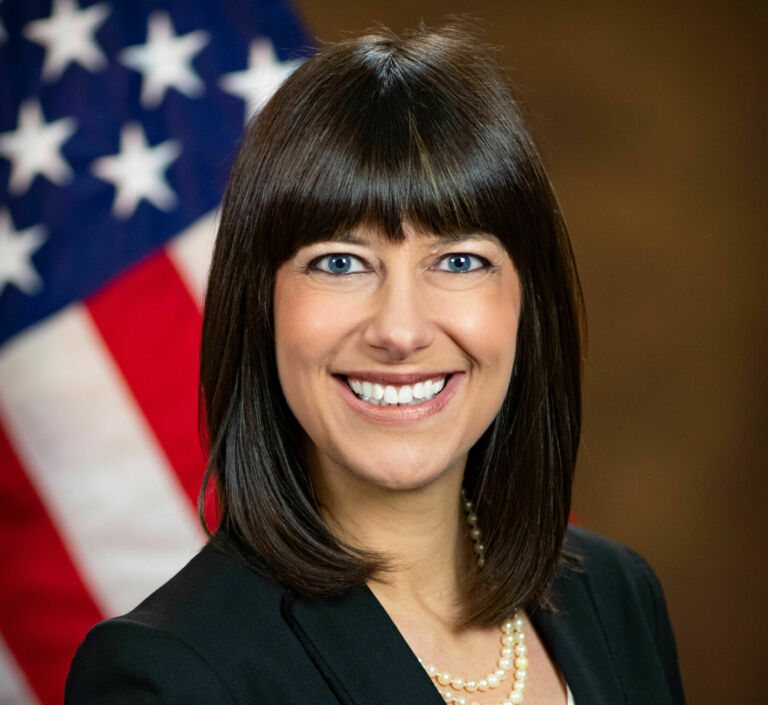Kevin Daley of the Washington Free Beacon explains how President Biden’s Supreme Court nominee helped Hillary Clinton during a recent scandal.
President Joe Biden’s Supreme Court nominee shielded one of Hillary Clinton’s top State Department aides from scrutiny about his use of a personal email account to conduct official business.
Then-U.S. district judge Ketanji Brown Jackson in 2015 denied Gawker’s request for details about press aide Philippe Reines’s stewardship of the account in the context of a Freedom of Information Act lawsuit, which sought emails Reines traded with 34 different media outlets. Jackson blocked Gawker’s request, calling it “extraordinary” and claiming there was no proof that Reines had acted in “bad faith” by using a personal email address.
Like Clinton, Reines often communicated with the press via a personal email account. That meant his communiqués were not preserved on State Department systems. When Gawker filed a FOIA request for Reines’s emails in September 2012, State Department officials were thus unable to turn up responsive records, prompting the lawsuit.
The State Department asked Reines to turn over whatever government records were in his possession around the time of the Gawker lawsuit, which he did via his lawyers in July 2015, two years after he left government service. Jackson therefore agreed to give the State Department additional time to sort through the “new” Reines records and turn them over to Gawker. Jackson supervised that process and lawyers for the parties kept her up to date on their progress via status hearings and reports.
Gawker put the screws to Reines, seeking affidavits that swore he had turned over all relevant documents and describing his methods for surrendering records to State. …
… Jackson denied that request, calling it “extraordinary.” She said that the State Department had no obligation under FOIA “to solicit or produce” documents in an ex-official’s sole possession. And there’s a crucial difference, she added, between producing requested documents—which is within the scope of FOIA—and the initial decision whether to retain said documents.


